Urban landscapes often hide history in plain sight, blending ancient landmarks with modern settings. These historical gems, tucked away amidst busy streets and skyscrapers, offer a glimpse into the past in unexpected places. Visiting these sites can turn an ordinary stroll into a journey through history, making cities more than just urban sprawls.
Leadenhall Market, London
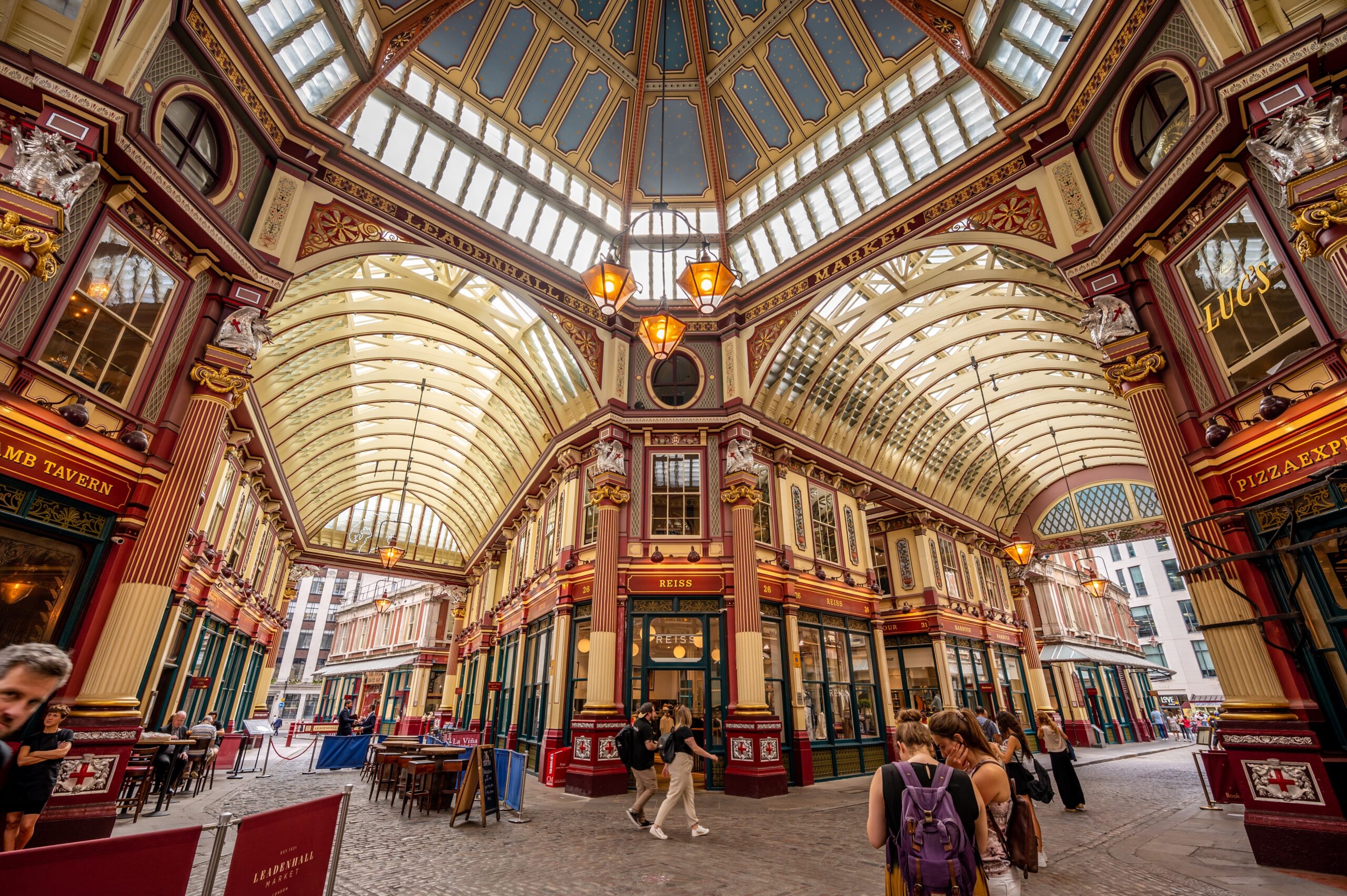
Leadenhall Market, nestled in London’s financial district, is a 14th-century gem. It boasts beautifully preserved Victorian architecture with ornate ceilings and cobbled floors. Originally a meat, poultry, and game market, today it houses trendy shops and cafes. Despite its modern use, the market’s history can be felt in every corner. Its stunning interior has also been featured in films, further adding to its cultural significance.
New York Marble Cemetery, New York City
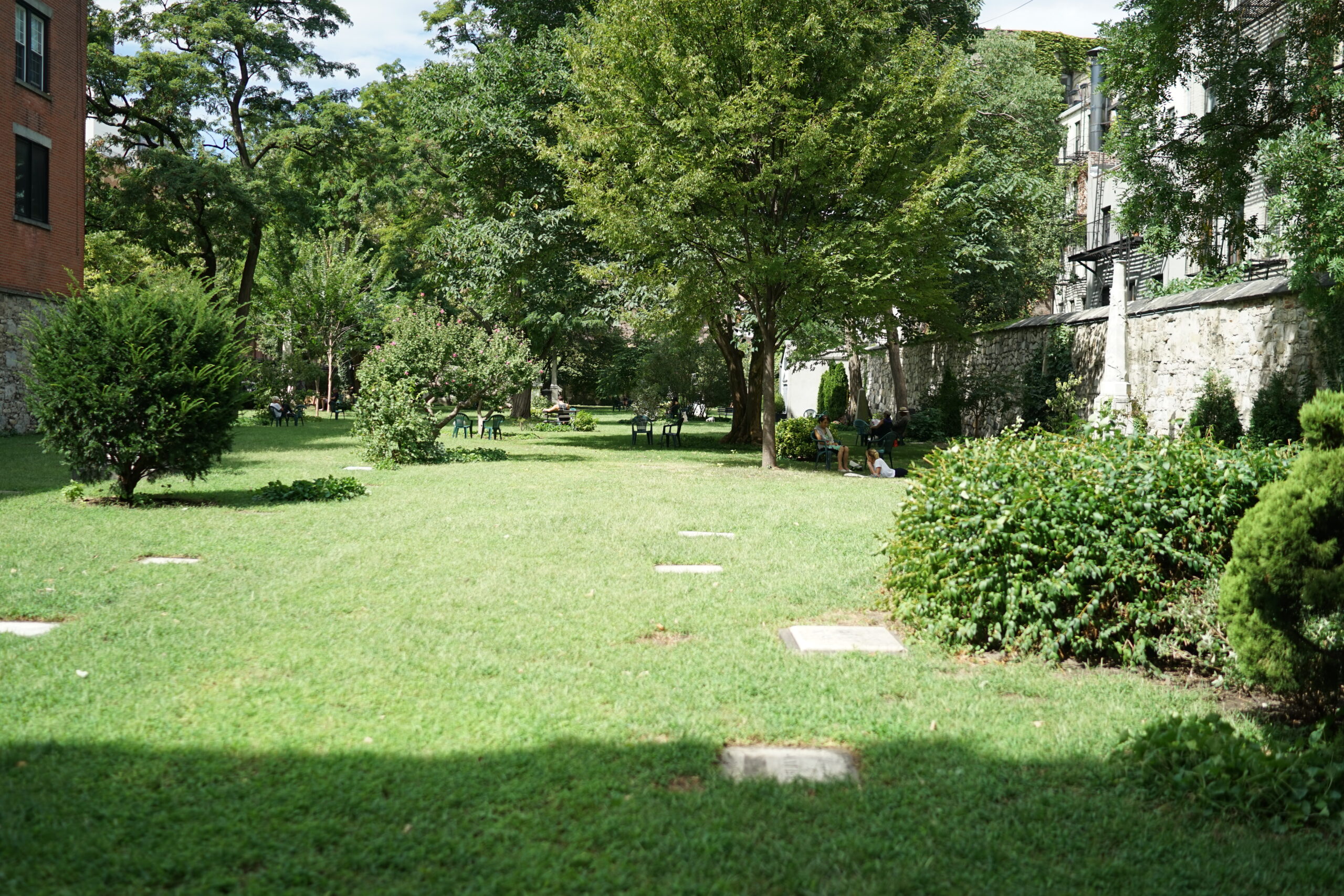
Tucked away in the East Village, the New York Marble Cemetery feels worlds away from the busy city. Established in 1830, this hidden cemetery was the city’s first non-sectarian burial ground. It’s not visible from the street, adding to its air of mystery. Beneath the quiet garden lie marble vaults where the city’s elite were laid to rest. It’s a peaceful, historical sanctuary amid the chaos of New York.
The Temple of Debod, Madrid
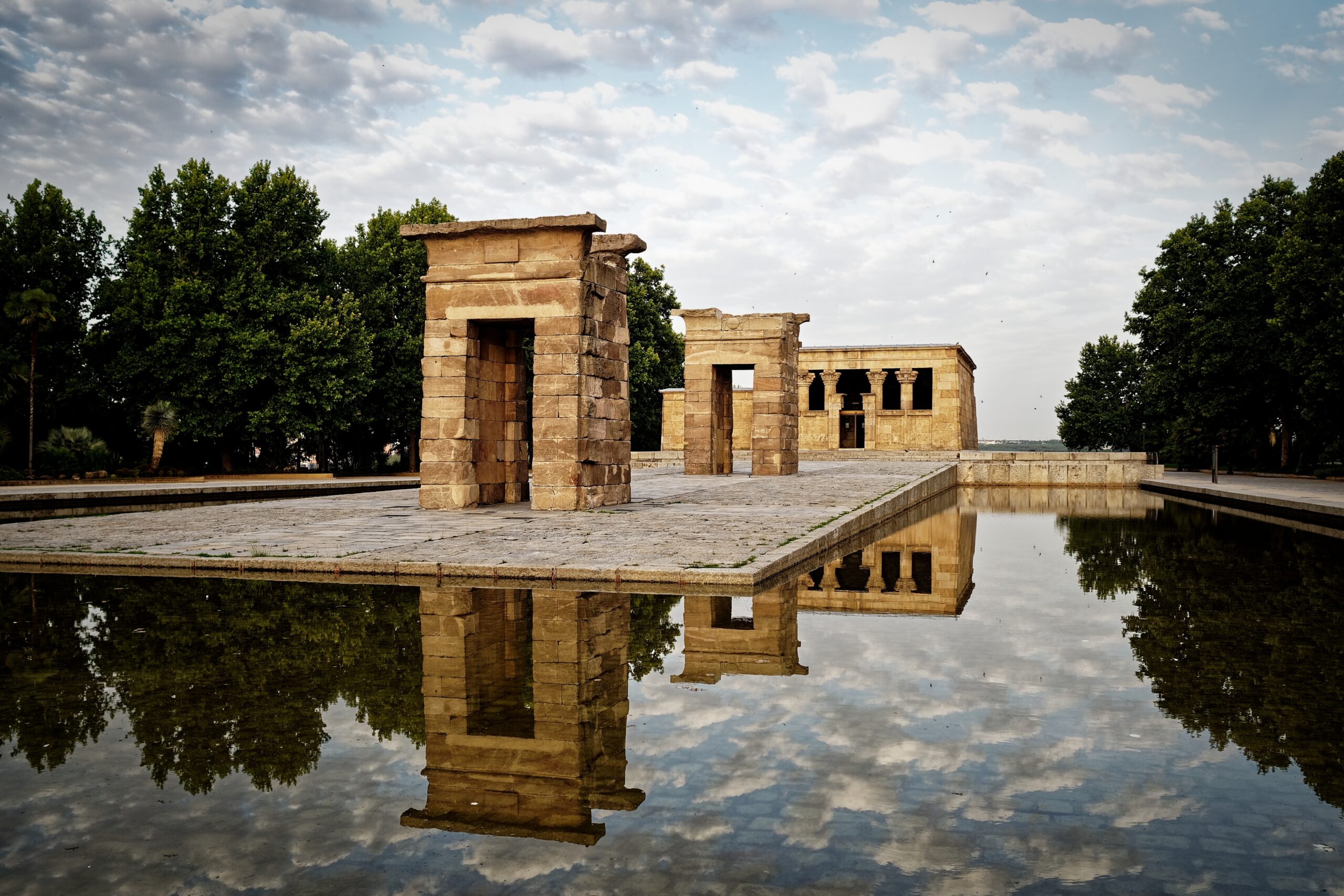
Madrid’s Temple of Debod offers a surprising touch of ancient Egypt in the heart of Spain. Originally built in the 2nd century BC, it was donated by Egypt to Spain in 1968. The temple stands near the Royal Palace, beautifully reconstructed brick by brick. Its surrounding gardens provide an oasis in the city, while its ancient structure transports visitors back to a distant era. It’s one of the few authentic Egyptian structures outside of Egypt.
The Ruins of St. Paul’s Church, Macau
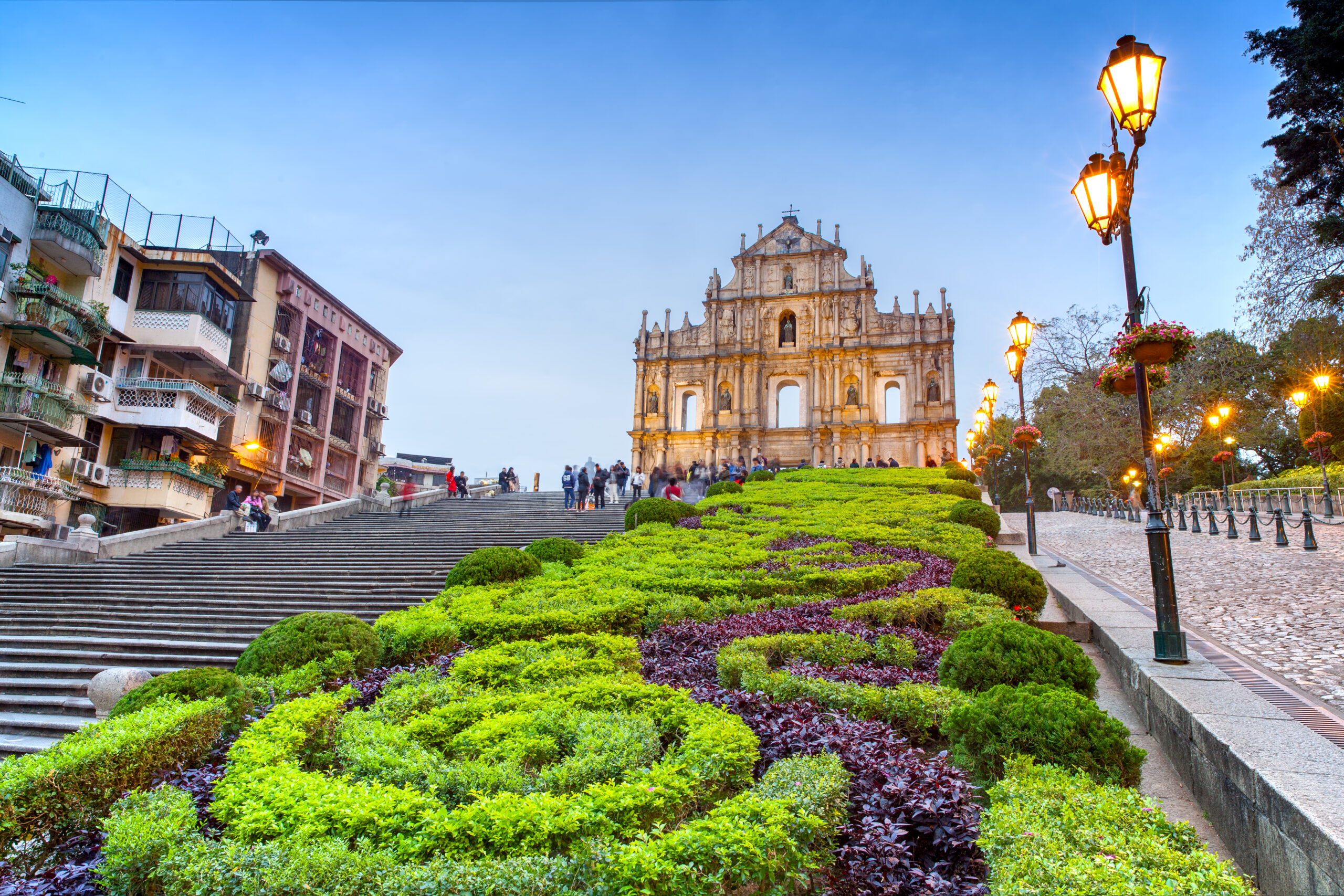
Amid the urban sprawl of Macau, the Ruins of St. Paul’s rise dramatically. Once part of a 16th-century Portuguese church, only the grand facade remains. Carved with intricate religious symbolism, it showcases Macau’s rich colonial history. It’s a stark contrast to the city’s nearby casinos and modernity. The site is a UNESCO World Heritage landmark, drawing visitors from around the world to this historic and cultural intersection.
The Guildhall, London
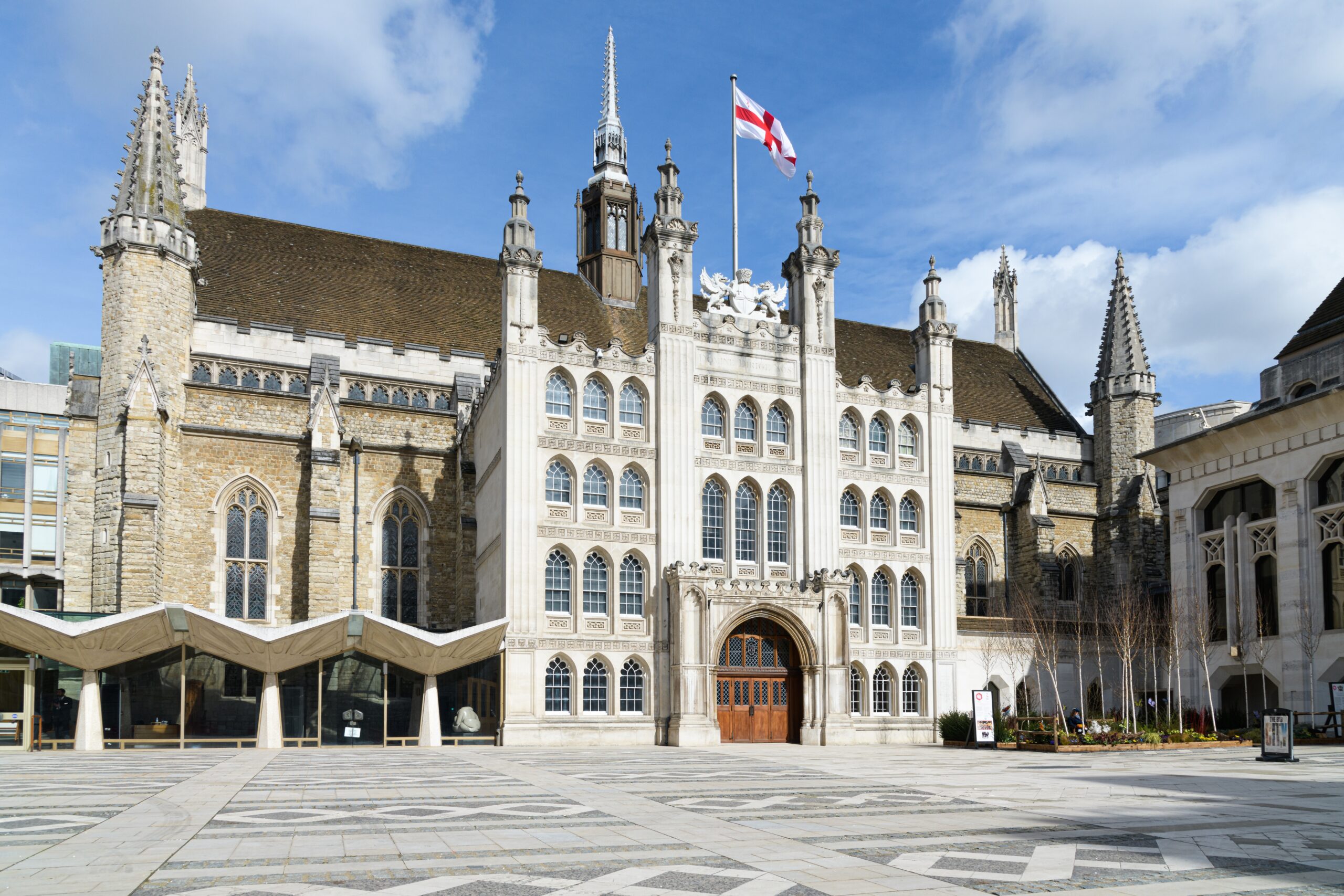
The Guildhall, sitting quietly in London’s financial heart, tells the city’s medieval tale. Built in the 1400s, it served as the center of civic life for centuries. Its Gothic architecture contrasts with the nearby modern skyscrapers. The building houses the remains of London’s Roman amphitheater, adding layers of history beneath its foundation. Today, it still functions as a government hub, while its grand halls host events and exhibitions.
The Paris Catacombs, Paris
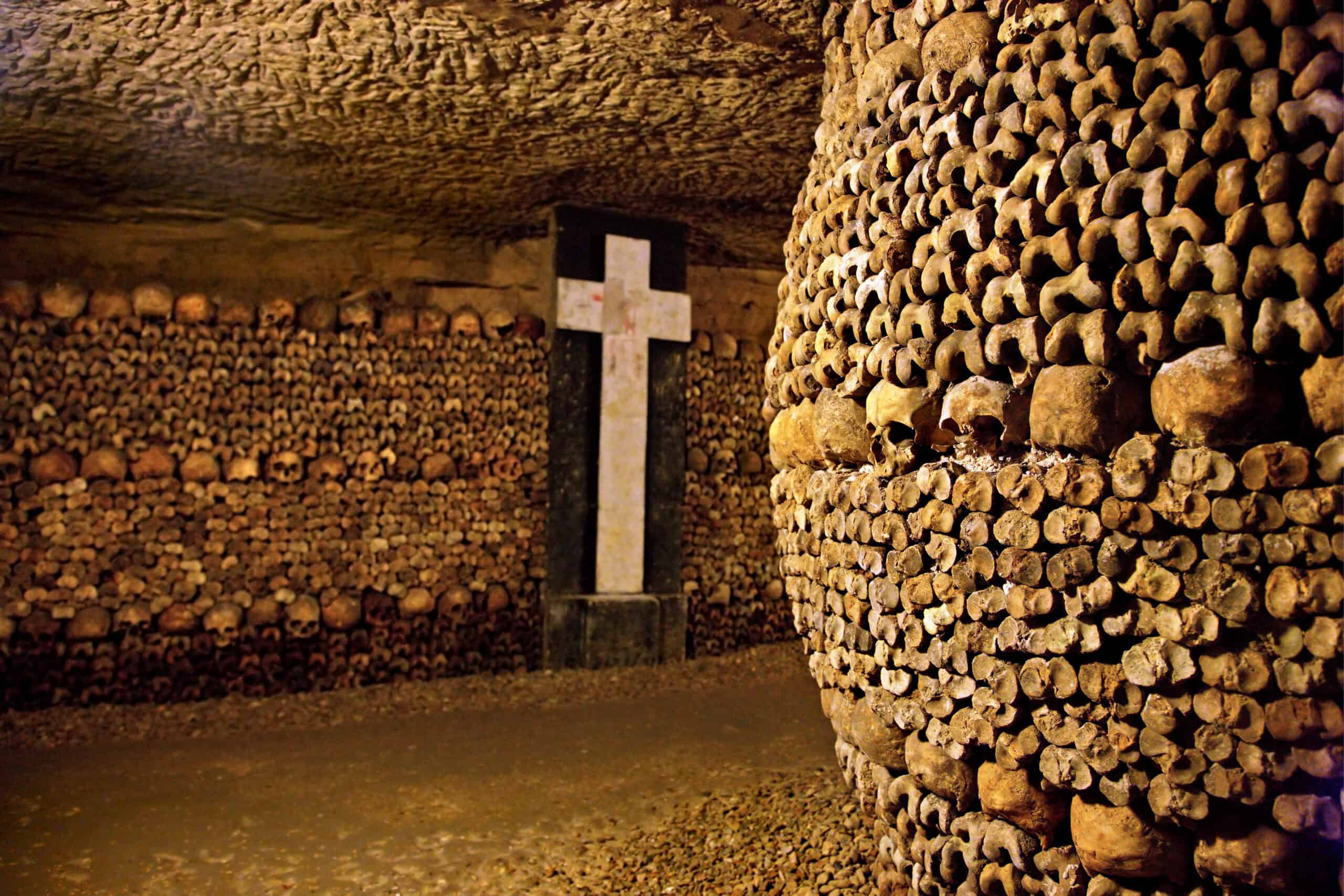
Beneath the romantic streets of Paris lies a darker history. The Catacombs, a series of underground ossuaries, house the remains of over six million people. Created in the late 18th century, this labyrinth was designed to address the city’s overflowing cemeteries. The tunnels stretch for miles under the city, offering an eerie yet fascinating glimpse into Paris’s past. It’s one of the city’s most unique, and unsettling, historical sites.
The Colosseum, Rome
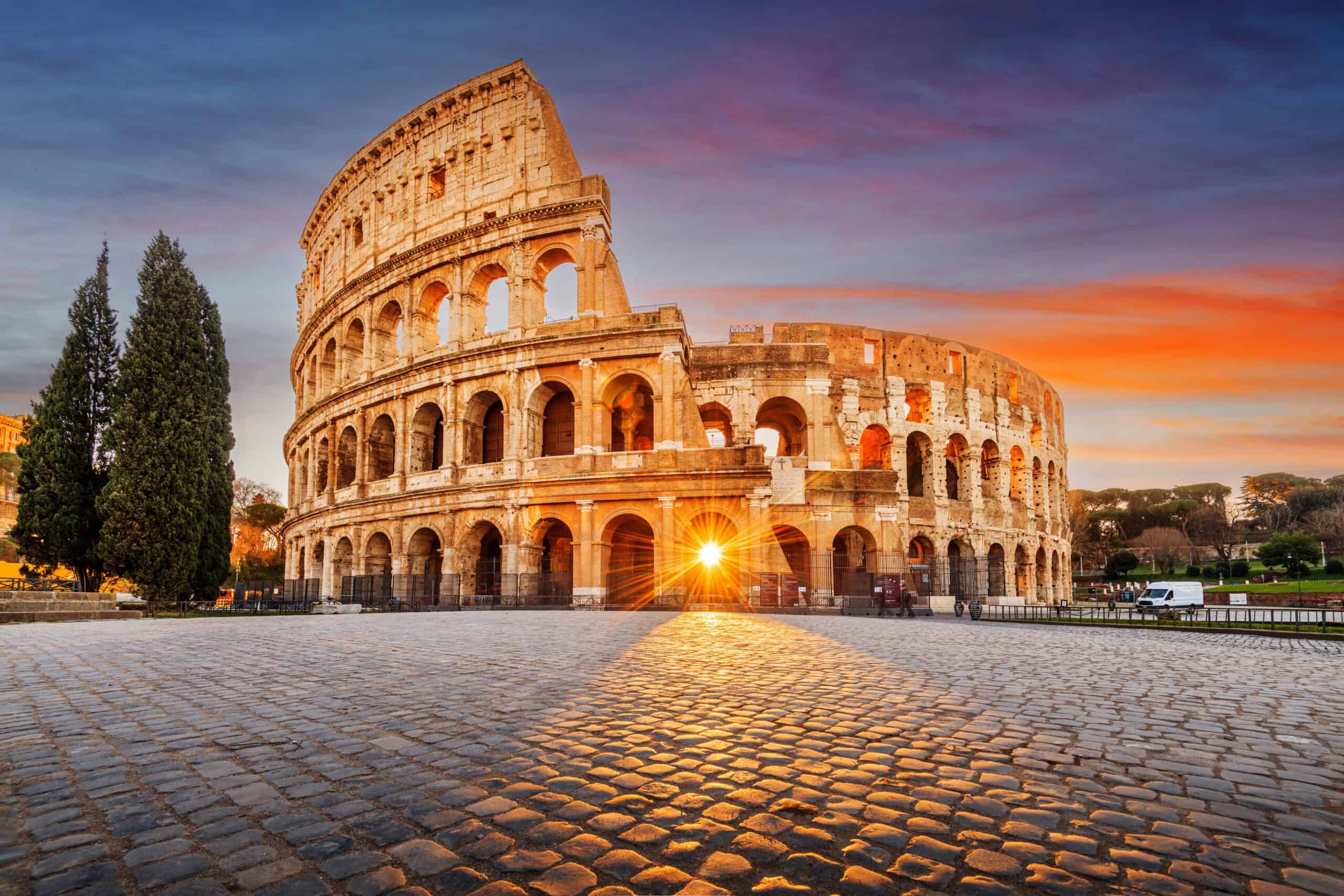
The Colosseum in Rome stands as a colossal reminder of ancient Rome’s power. Once the site of gladiatorial combat and public spectacles, it remains remarkably intact despite its age. Set within the heart of modern Rome, the structure dominates the skyline. Every stone tells a story of ancient entertainment and Roman engineering mastery. It remains one of the world’s most iconic landmarks, blending history with the present.
The Berlin Wall, Berlin

The Berlin Wall, now fragmented across the city, is a symbol of division and reunification. Though much of the wall has been demolished, sections still stand as a somber reminder of the Cold War. These remnants are covered in graffiti and art, symbolizing freedom and resistance. Today, they’re nestled among the modern city, a sharp contrast to Berlin’s progressive atmosphere. It serves as both a historical artifact and a canvas for modern expression.
Chapultepec Castle, Mexico City
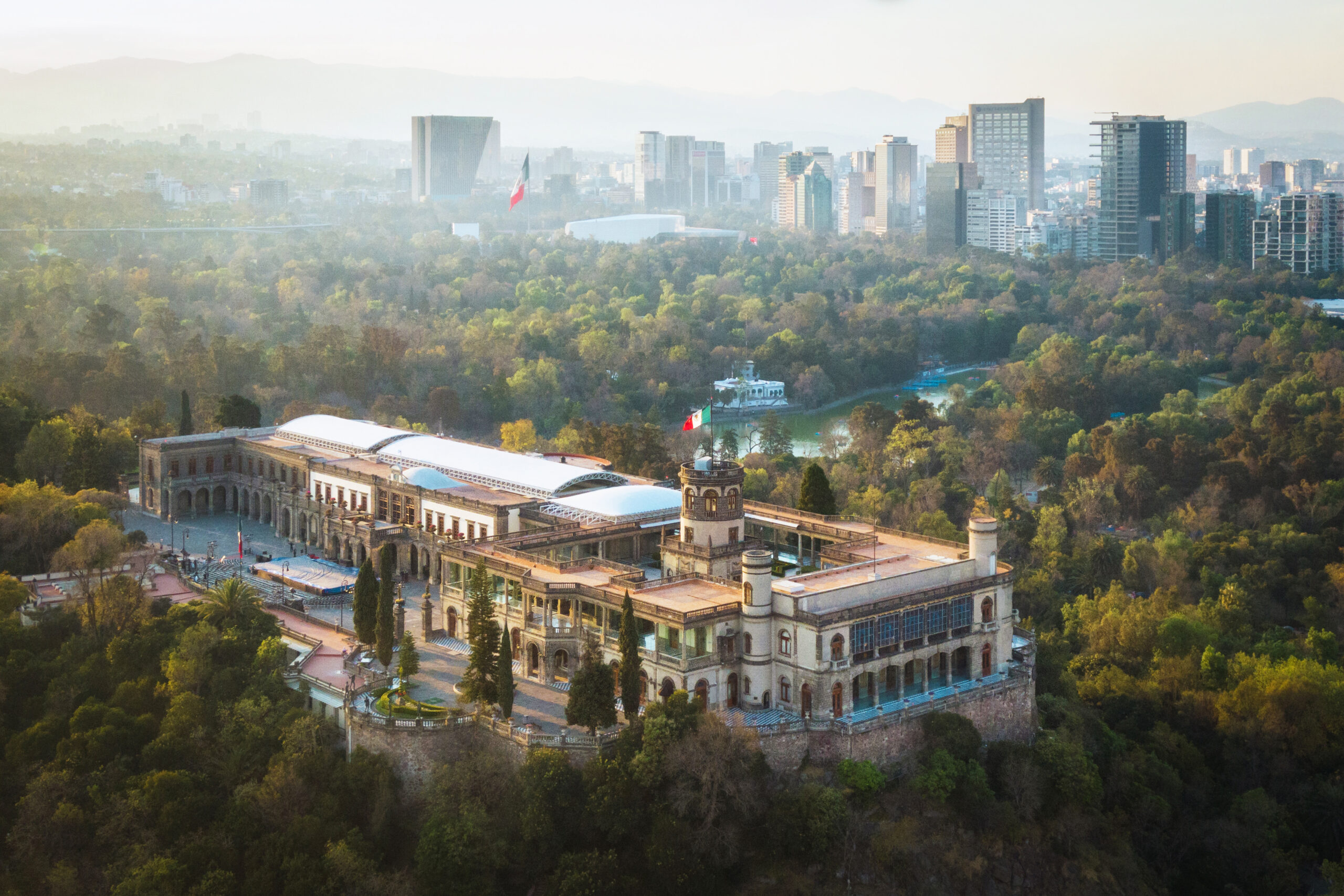
Chapultepec Castle stands proudly atop a hill in the middle of Mexico City. Built in the 18th century, it once served as the residence of Mexican emperors. Surrounded by lush gardens, it offers panoramic views of the bustling city below. Its architecture is a mix of European and colonial styles, reflecting the country’s complex history. Today, it functions as the National Museum of History, filled with artifacts that tell Mexico’s story.
The Alhambra, Granada
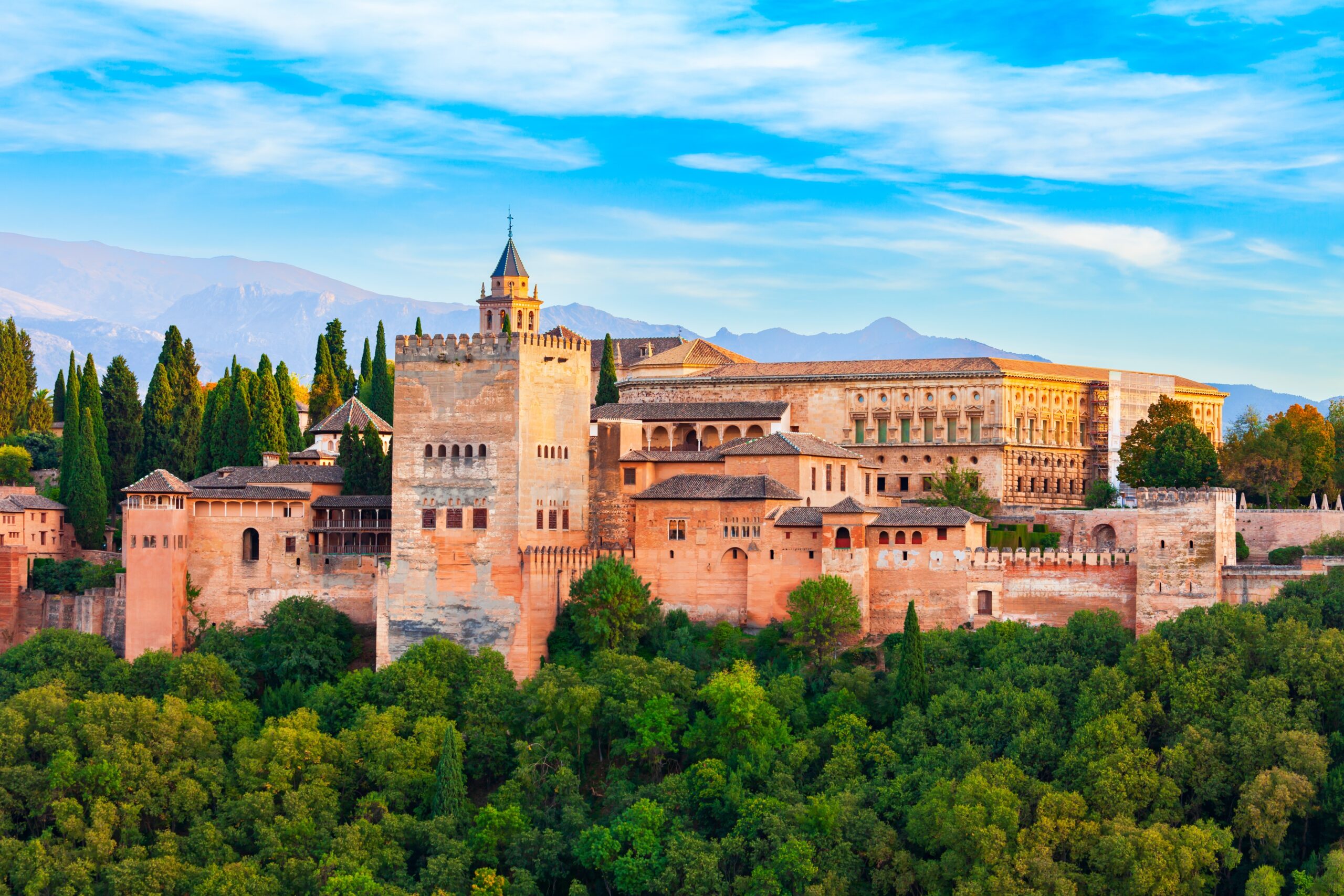
The Alhambra, perched on a hill in Granada, is a breathtaking example of Moorish architecture. Built in the 13th century, it was once a palace and fortress for Muslim rulers. Its intricate tile work, lush gardens, and detailed carvings showcase the splendor of Islamic art. Despite being in a busy city, the Alhambra feels like a peaceful escape. Visitors from all over the world come to admire its beauty and learn about Spain’s rich history.
The White Tower of Thessaloniki, Greece
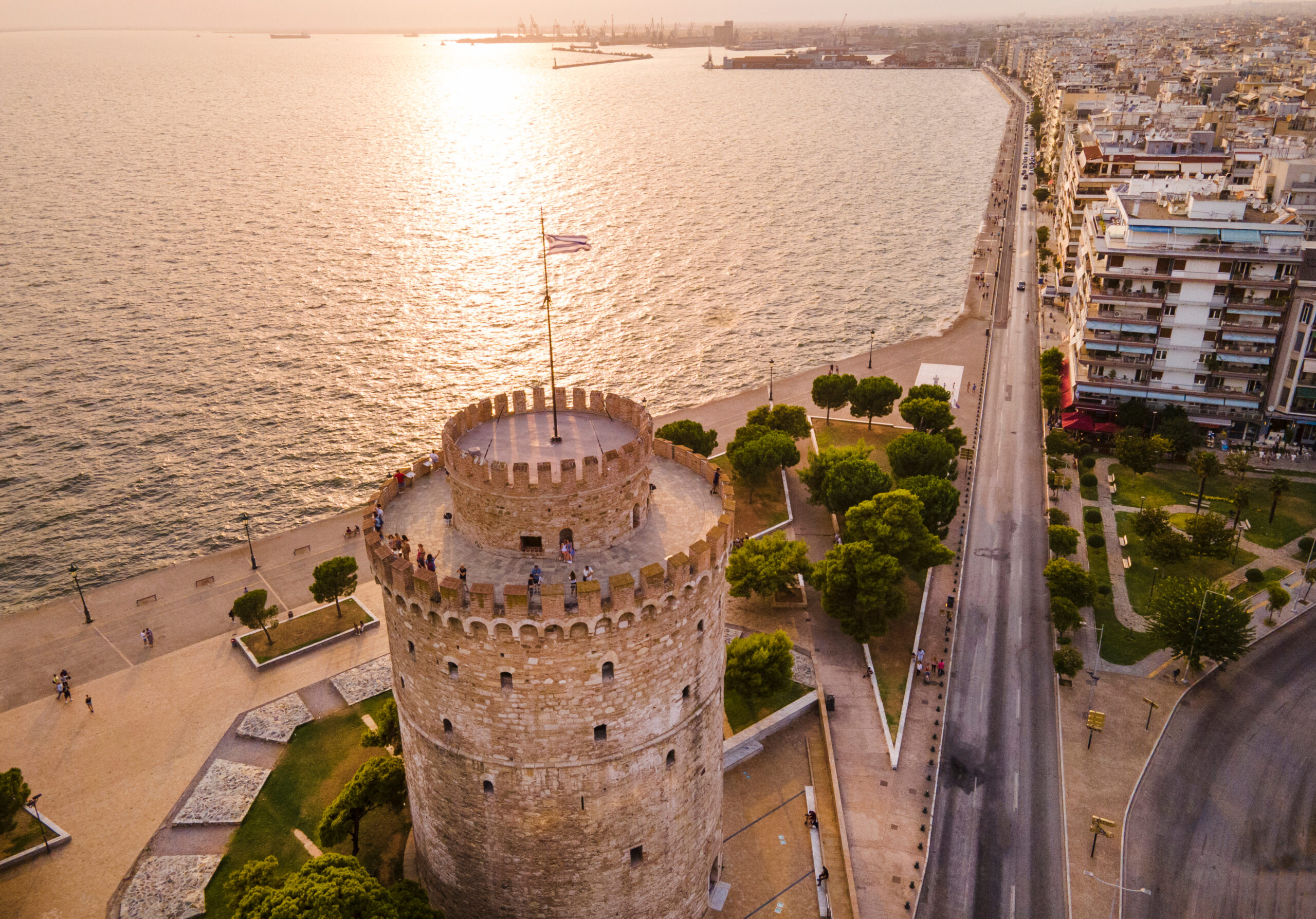
The White Tower, a prominent landmark in Thessaloniki, has stood the test of time. Originally built as a fortification in the 15th century, it later became a prison during Ottoman rule. Today, it houses a museum, telling the city’s long and diverse history. Located along the bustling waterfront, the tower is a stark reminder of the city’s strategic importance. Its whitewashed exterior contrasts sharply with the surrounding modern buildings.
The Baths of Diocletian, Rome
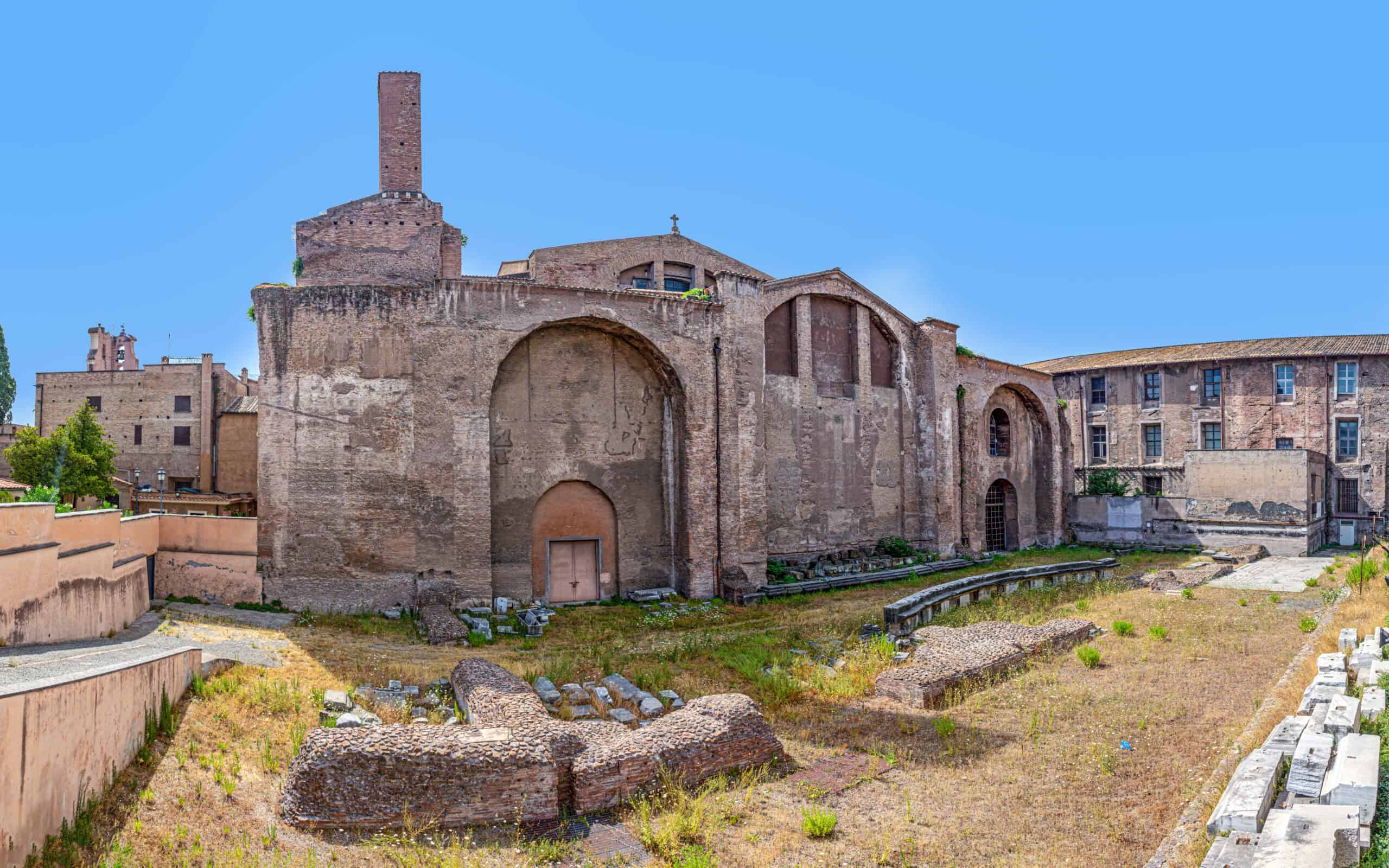
The Baths of Diocletian, nestled within Rome’s urban sprawl, were once the largest public baths in ancient Rome. Built in the 3rd century AD, they could hold up to 3,000 people at a time. Today, parts of the baths are preserved as a museum, showcasing ancient Roman engineering. Despite its location near busy streets, the ruins transport visitors back to the Roman Empire. Its grandeur and scale remain impressive even after centuries of decay.
The Grand Palace, Bangkok
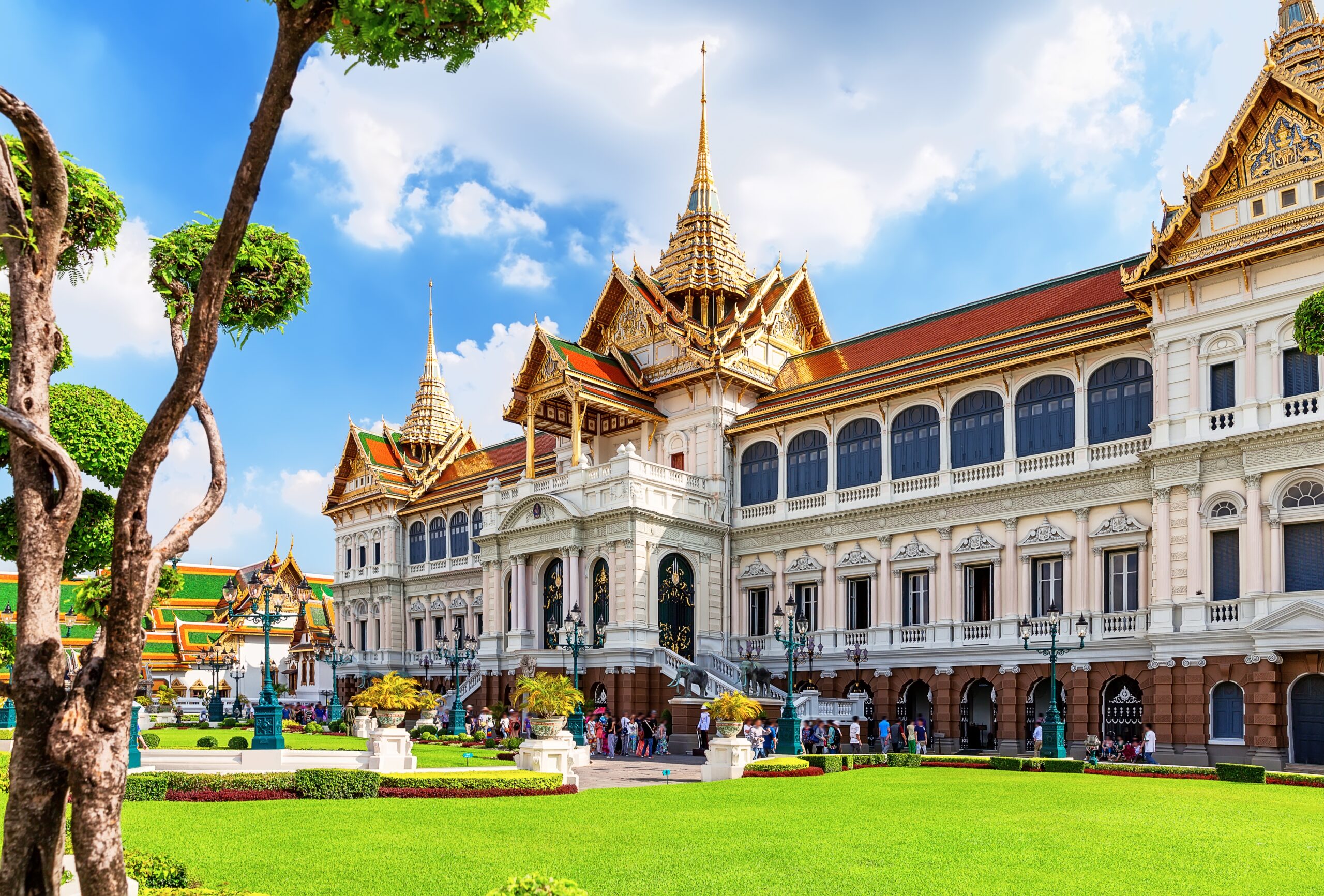
The Grand Palace in Bangkok dazzles with its golden spires and intricate details. Built in 1782, it served as the official residence of the Thai King for over 150 years. Today, the palace is a major tourist attraction, though still used for important ceremonies. Nestled within the busy city, it offers a glimpse into Thailand’s royal past. The palace complex is vast, with temples and courtyards that awe visitors.
Plaza de Toros, Valencia
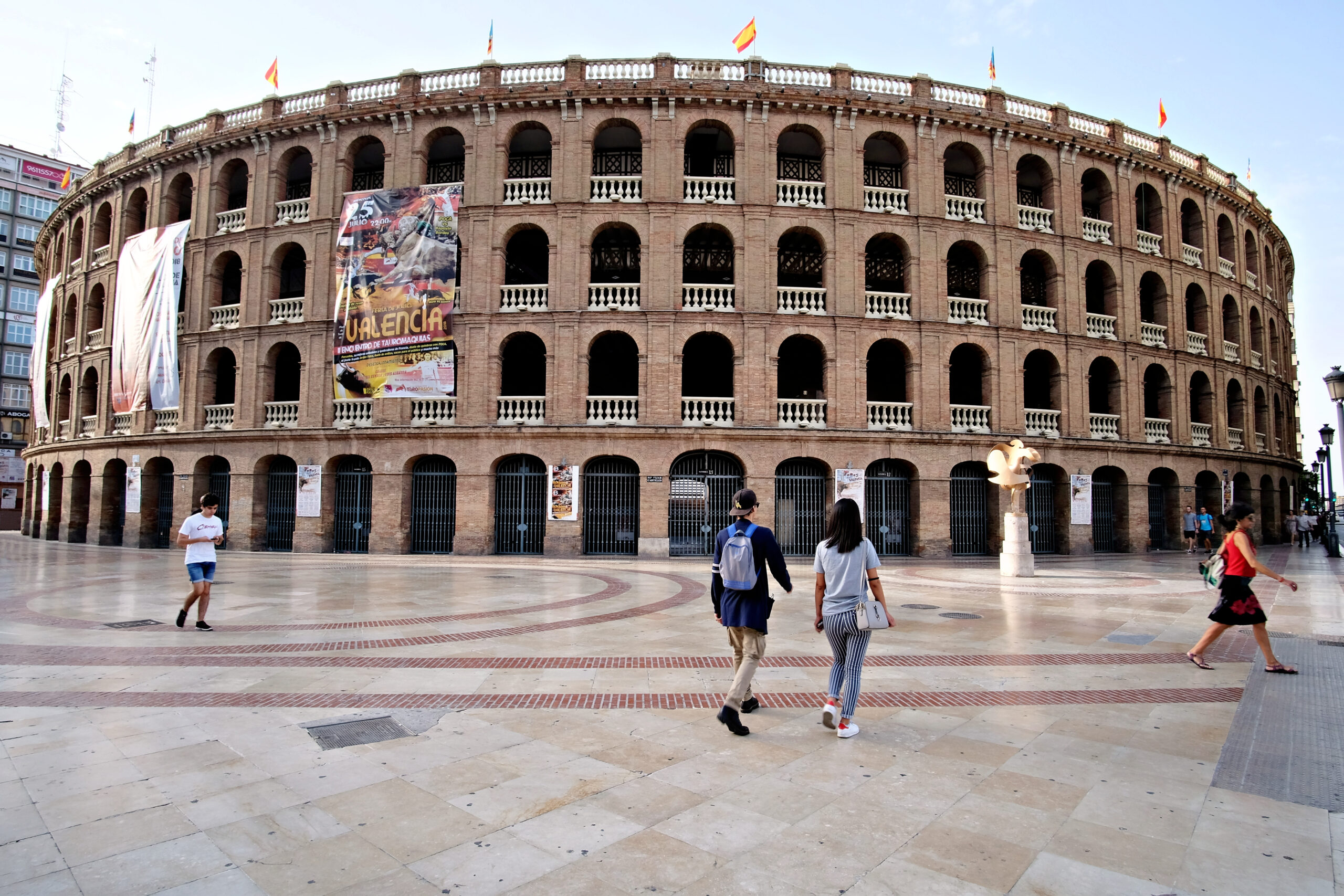
Valencia’s Plaza de Toros is an unexpected historical landmark in the city center. This bullring, built in the mid-19th century, is a testament to Spain’s bullfighting tradition. Its neo-classical design features towering arches and a circular structure. Though modern life surrounds it, the plaza remains a symbol of Spanish culture. Today, it hosts a mix of traditional bullfights and contemporary events, bridging past and present.
The Chicago Water Tower, Chicago
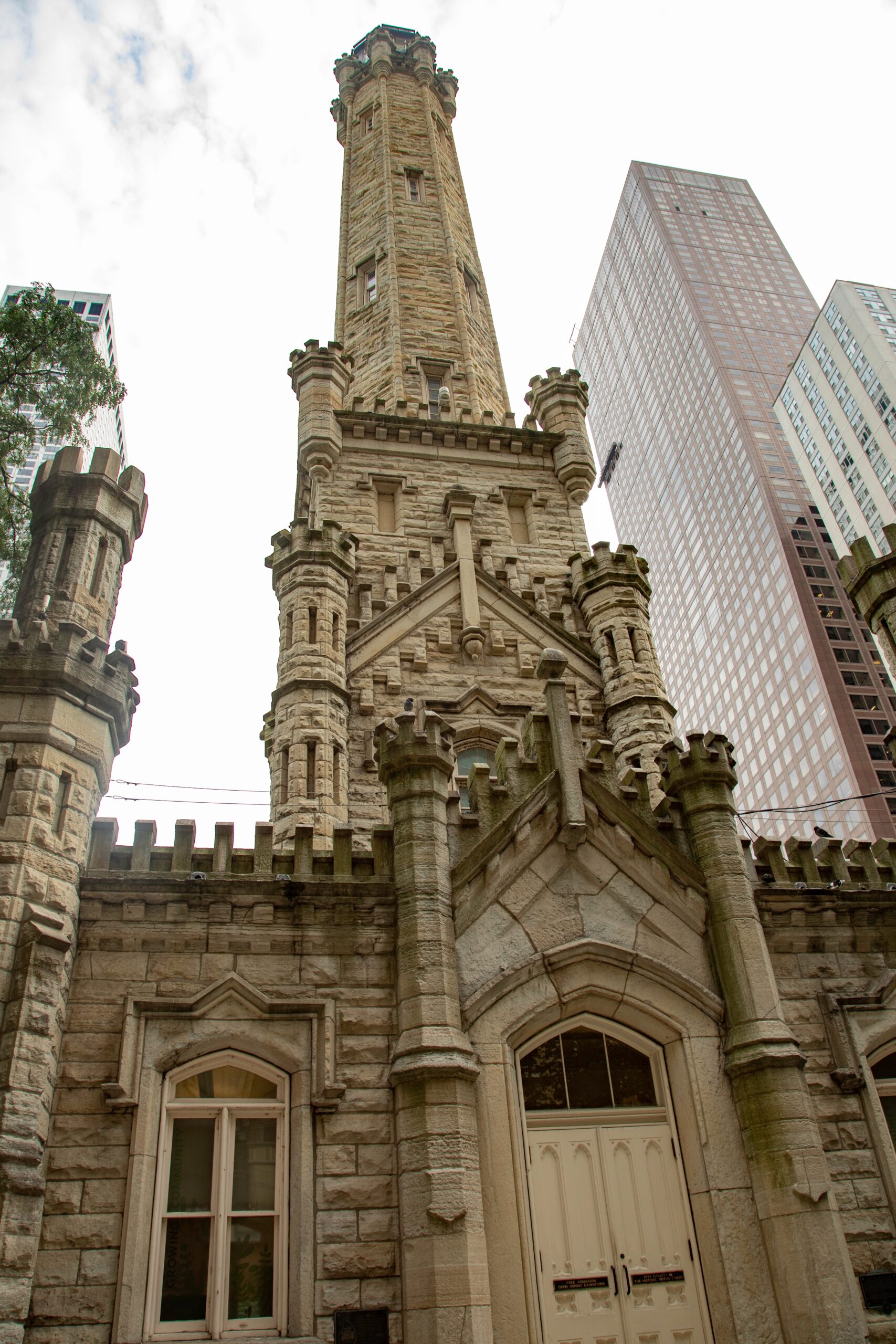
Amid Chicago’s skyscrapers, the Chicago Water Tower stands as a rare survivor of the Great Fire of 1871. Built in 1869, it served as a vital part of the city’s water system. Its Gothic Revival design stands in contrast to the modern architecture that now defines the city. The tower represents resilience, both of the city and its historical landmarks. Today, it’s a symbol of Chicago’s ability to rebuild after tragedy.
The Acropolis of Athens, Greece
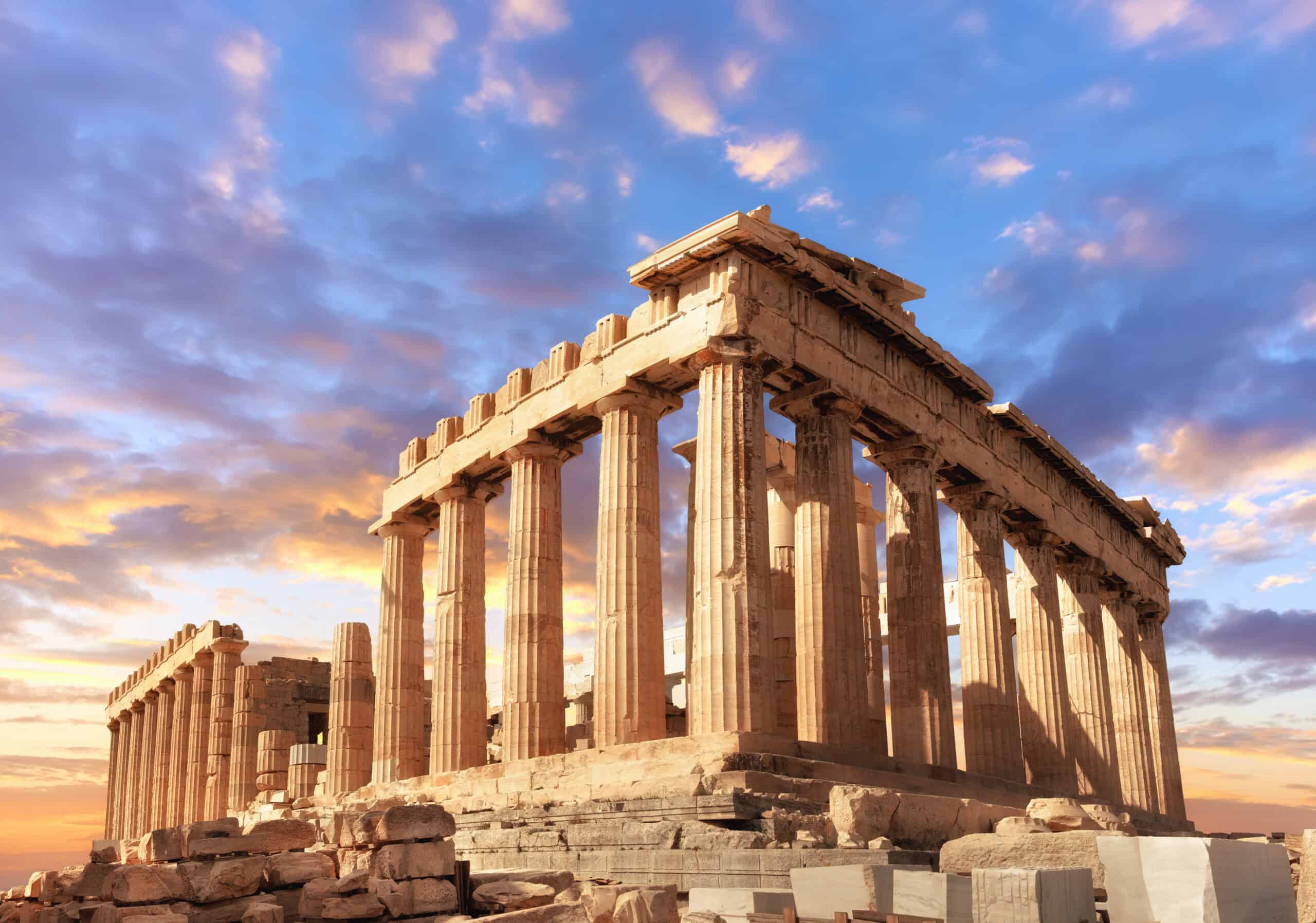
The Acropolis of Athens rises majestically above the bustling city. This ancient citadel, home to the Parthenon, dates back to the 5th century BC. Its white marble structures are some of the most iconic remnants of ancient Greece. Despite being surrounded by modern Athens, the Acropolis maintains a timeless aura. Visitors are reminded of Greece’s pivotal role in the development of Western civilization.
This article originally appeared on Rarest.org.
More from Rarest.org
1977 Kennedy Half Dollar Value Guide

The Kennedy Half Dollar, one of the most well-known and cherished coins honouring one of the most revered US presidents—John F. Kennedy—is preserved by both collectors and non-collectors. Read More.
1978 Eisenhower Dollar Coin Value Guide

The 1978 Eisenhower dollar is primarily made of 75% copper and 25% nickel with its core made of pure copper but it is covered with a mixture of copper and nickel. Read More.
15 Lavish Cruise Lines Offering the Best in Comfort and Style

When it comes to luxury travel, few experiences can match the opulence and comfort of a cruise. For those seeking the ultimate in relaxation and style, selecting the right cruise line is essential. Read More.
